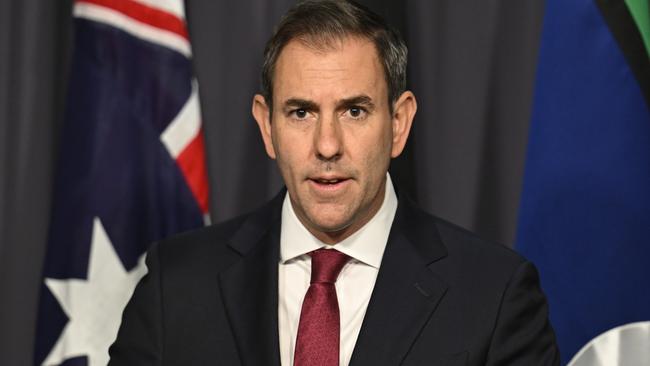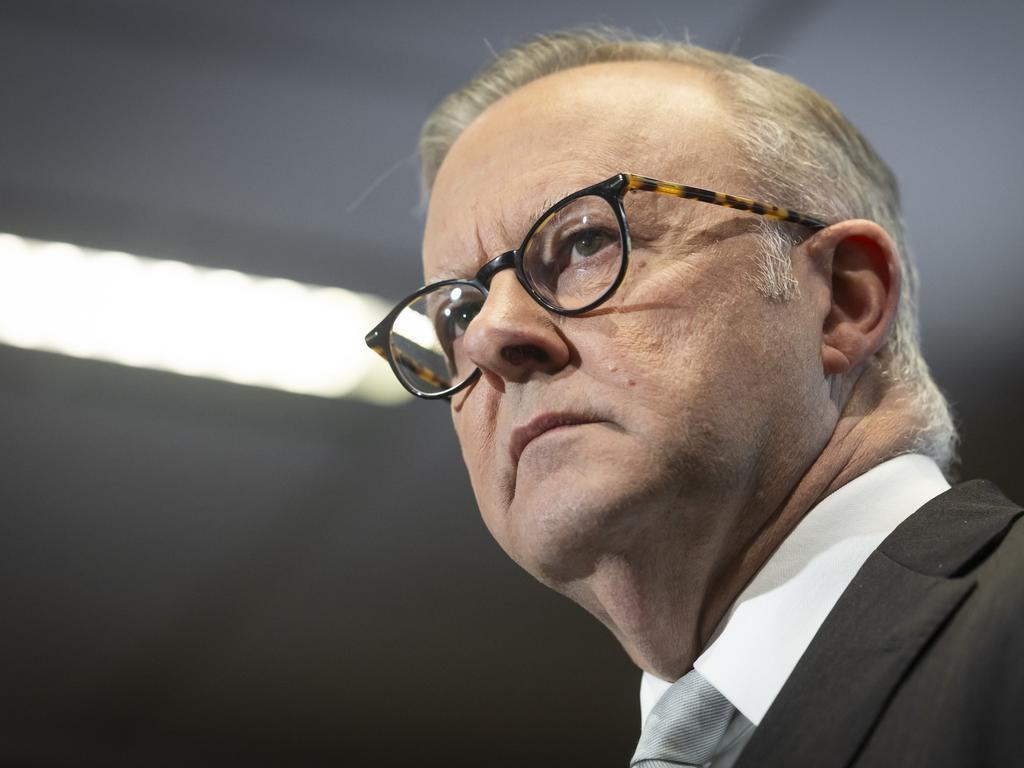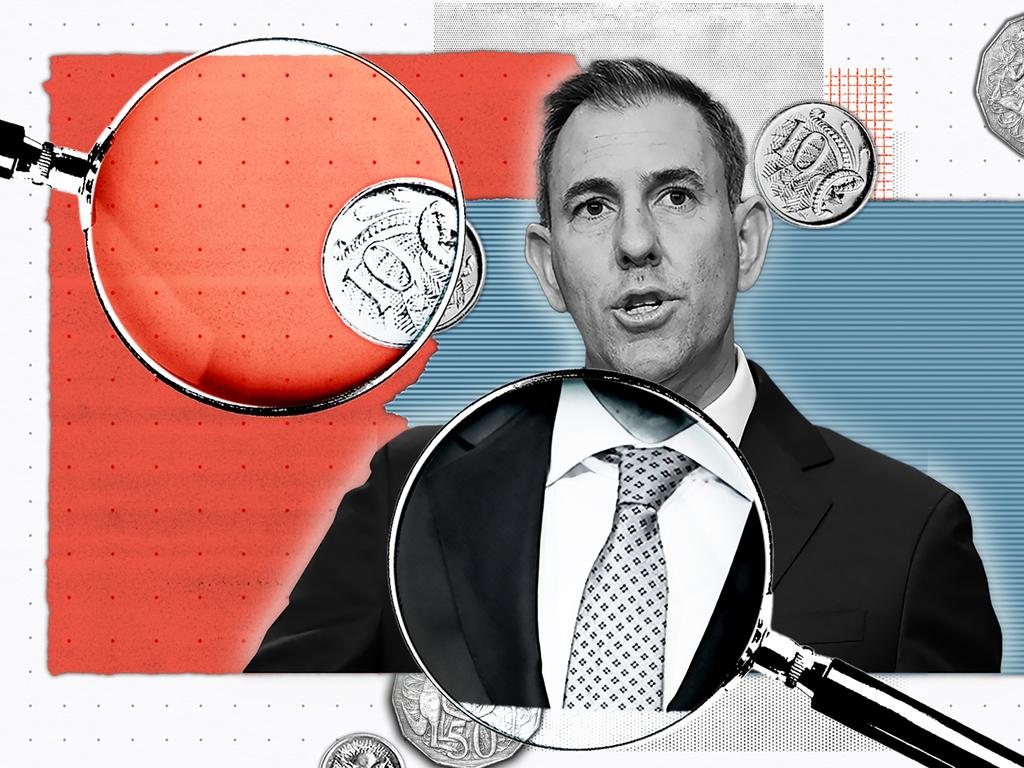
Jim Chalmers is living on another planet when he tells us “with all the uncertainty in the world, any growth is a decent outcome”.
But hang on, GDP per capita fell by 0.2 per cent in the March quarter. Through the year to March 2025, GDP per capita fell by 0.4 per cent.
This is not a decent outcome. Taking out the rise of GDP per capita in the last December quarter, eight out of the nine past quarters have been negative GDP per capita – a reasonable measure of living standards. The economy is on life support, and it would be better to recognise this.
The fact the household saving rate increased from 3.9 per cent in the December quarter to 5.2 per cent in the first quarter of this year points to a noticeable twitchiness on the part of households. Soothing words from the Treasurer as well as rambling comparisons with other advanced economies are unlikely to make a difference.
According to the Chalmers view of the world, “the national accounts show that our economy continues to grow in the face of substantial headwinds at home and abroad”. At least, he acknowledges domestically generated constraints on growth for which his government bears a high degree of responsibility.
Creating a hostile environment for private investment as well as limiting spare capacity for that investment – think here the overinvestment in the care economy and escalating costs – is clearly an important part of the story.
Recall Chalmers’s demand that the private sector now do the heavy lifting on powering the economy. He cherry-picks the figures to tell us household consumption, mainly essential, and investment in dwelling construction have been growing. He doesn’t highlight the fact private investment on machinery and equipment fell by nearly 2 per cent in the quarter. It’s business investment that will drive economic growth and a pick-up in productivity.
There is no joy in these figures in respect of productivity. There was no movement over the quarter, or the previous one. In the year to March, labour productivity as measured by GDP an hour worked fell by 1 per cent. It is therefore more than passing strange that Chalmers would take this moment to introduce a punitive new tax on the very people who might seek out investment opportunities and have the funds to do so.
What he fails to understand is that the very principle of taxing unrealised capital gains is anathema to investing, particularly in illiquid, unlisted assets. If it can be applied to large superannuation balances, why would the government stop there?
As for Chalmers’s proposition that taxation of unrealised capital gains already exists, particularly in the form of council rates generally levied on the basis of unimproved land values, several points need to be made. First, the rate at which council rates are calculated is low. Second, homeowners receive services for the rates they pay, even if the price imposed has the hallmarks of a wealth tax. Finally, property investors can claim council rates as a tax deduction.
None of these applies to Chalmers’s harebrained scheme to tax unrealised capital gains for superannuation balances above $3m. Any moneys received heads straight to general revenue.
Let’s be clear: the only reason he is doing this is because industry super funds have underinvested in IT and they cannot calculate the earnings of individual members according to the size of their accounts. It doesn’t matter whether the Coalition is serious on doing a deal on the super tax; Chalmers should either ditch the proposal altogether or, at the least, instruct the Treasury secretary to return to the drawing board and work out a tax arrangement that doesn’t involve taxing paper profits.






